By Paul Ejime
Only politicians and their supporters numbed by greed and insensitivity to human suffering, and (there are many in Africa), did not anticipate the “Youth Revolt” of 25 June 2024 in Kenya.
But this appears to be the beginning of a renewed “people power” revolution against bad governance, even though the death of more than 20 Kenyans was avoidable and unnecessary before President William Ruto could withdraw his government’s anti-people Finance Bill 2024 after the June 25 mayhem.
He was probably riding on the crest of 15 minutes of fame from his recent well-choreographed validation-seeking photo-opportunity visits to Washington DC and Asia.
The controversial bill was passed by 195 out of 304 members of Parliament and was then waiting for a presidential accent. But Kenyans, especially the youths said they have had enough.
Widespread protests were unleashed on the country under the slogans #RejectFinanceBill2024 and “Seven Days of Rage.”
A week earlier, the government in a typically condescending official response, had announced the scrapping of some of the many tax increases under the bill. A proposed 16% value-added tax on bread and taxes on motor vehicles, vegetable oil, and mobile money transfers, were among the taxes axed, but angry Kenyans were unimpressed.
When demonstrators poured on the streets, the government responded by deploying military personnel to reinforce the overwhelmed police force.
In scenes reminiscent of the 6 January 2021 invasion of the American Congress by defeated Pres. Donald Trump’s supporters, aggrieved Kenyans on Tuesday 25 June, marched on their country’s Parliament in Nairobi and set part of the building alight.
The ceremonial mace of the parliament was stolen, while the Nairobi City Hall, the Office of the Governor of Nairobi, was also set on fire.
Kenya was in a forced shut-down, but despite disruptions to the Internet, the protesters still mobilized in their thousands against the Ruto government bill.
Some of the protesters hurled stones at security forces, who responded by firing tear-gas and live bullets resulting in the deaths and dozens of the wounded. Former American President Barak Obama’s half-sister Auma Obama was among those tear-gassed.
Kenya’s opposition leader Raila Odinga urged the government to “immediately stop the violence its agencies are meting out on citizens.”
President Ruto’s former boss-turned-political opponent, ex-President Uhuru Kenyatta, has also called for restraint.
The Embassies and High Commissions of Belgium, Canada, Denmark, Estonia, Finland, Germany, Ireland, the Netherlands, Norway, Romania, Sweden, the United Kingdom and the United States in Kenay, said in a joint statement that they “are especially shocked by the scenes witnessed outside the Kenyan Parliament.”
The UN Secretary-General António Guterres, through his spokesman Stephane Dujarric, called on the police and security forces to “exercise restraint.”. At the same time, the African Union Chairperson Moussa Faki Mahamat appealed to “national stakeholders to engage in constructive dialogue to address the contentious issues that led to the protests in the supreme interest of Kenya.”
Incidentally, there has been no report of any official reactions by regional organisations -Intergovernmental Authority for Development (IGAD), and the East African Community (EAC) to the Kenyan crisis.
In his initial response t, President Ruto said the security of families and property was his utmost priority. He said events marked a “critical turning point” in how the government responded, “to grave threats to our national security.”
According to him, Kenya was “infiltrated and hijacked by a group of organized criminals.”
“Today’s attack on Kenya’s constitutional order has resulted in the loss of lives… destruction of property and desecration of institutions and emblems of our sovereignty,” he said, adding that the government has mobilized all resources at the nation’s disposal to ensure that a situation of this nature will not recur again, at whatever cost.”
However, after reality dawned on the embattled President Ruto, he announced the withdrawal of the controversial Finance Bill 2024.
Like in many developing countries including in Africa, the Ruto government’s miscalculation is in trying to please external partners at the expense of their country and the well-being of their people.
But beyond greed, selfishness, incompetence, lack of vision, and lust for political power, or a combination of these vices, is there any reason African leaders would be adamant in sheepishly following externally driven economic policies destined to failure?
Despite the well-documented and evidenced experiences that prescriptions by the two Bretton Woods Institutions – the World Bank and the IMF – have hardly lifted any countries from poverty, why are African leaders such as President Ruto, who should know better still falling victims?
More than half a century ago, Walter Rodney in his 1972 book “How Europe Underdeveloped Africa,” argued that “centuries of slavery, exploitation and imperialism by Europeans led to the poor state of African political and economic development.”
He said the “colonial and imperial powers did not merely enrich their empires but reversed economic and social development in Africa.”
Rodney, therefore, concluded that a combination of power politics and economic exploitation of Africa by Europeans was responsible for the situation in the late 20th century, (and by extension today.)
If that was not enough, William Easterly, a former Economist with the World Bank in The White Man’s Burden: Why the West’s Efforts to Aid the Rest Have Done So Much Ill and So Little Good” 2001 documented the pitfalls of international Development, foreign aid, and Western intervention, including by the World Bank and the IMF.
The findings build upon themes and topics, which the author explored in another 2001 book – “The Elusive Quest for Growth.”
And what about the “Confessions of an Economic Hit Man, a semi-autobiographical book by American economist and essayist John Perkins, first published in 2004 or the 1998 warning by Robert J. Barro a professor of economics at Harvard University and a senior fellow of the Hoover Institution?
Citing IMF’s interventions in Brazil, Mexico, Russia, and the role of the United States, 98_1207_imf_bw.pdf (harvard.edu), Professor Barro in an Op-Ed entitled The IMF Doesn’t Put Out Fires, It Starts Them, posits that “With help from the U.S., the fund encourages bad economic policy by rewarding failure with showers of money.”
He concluded: “Countries such as Brazil and Russia, would have had the appropriate incentives to implement good policies. instead of knowing that the IMF or the U.S. would respond to bad policies with showers of money.”
The tragedy of Africa is that it ignores/neglects or kills its heroes but goes to bed with any foreign.
When the World Bank and the IMF hoisted the Structural Adjustment Programme (SAP) on hapless so-called developing and least developed nations – many of which are in Africa – Nigeria’s late Professor Adebayo Adedeji and fellow pan-Africanist thinkers developed the African Alternative Framework to Structural Adjustment Programme (AAF-SAP, 1989) followed by the African Charter for Popular Participation (ACPP, 1990), as legendary blueprints for the continent’s home-grown development and governance paradigms.
Mentioned in a 2006 publication as one of the world’s 50 influential thinkers on development, Adedeji after setting up the Economic Community of West African States (ECOWAS) advanced his integration campaign to the United Nations Economic Commission for Africa (UNECA) in Addis Ababa where he served as UN Under-Secretary-General and Executive Secretary for 16 years (1975-91).
His dynamism under the UNECA platform also resulted in the creation of two more Regional Economic Communities (RECs) – the Common Market for Eastern and Southern Africa (COMESA) and the Economic Community of Central African States (ECCAS) in 1981 and 1983, respectively. He will also be remembered for his other ground-breaking initiatives, such as the Lagos Plan of Action (1980), and the Final Act of Lagos (1980).
These timeless economic documents are as relevant today as they were decades ago. Why are African leaders groping in darkness, and hiding their Biblical lamps under the bushel?
Ejime is an Author, Global Affairs Analyst, and Consultant on Peace and Security and Governance Communications




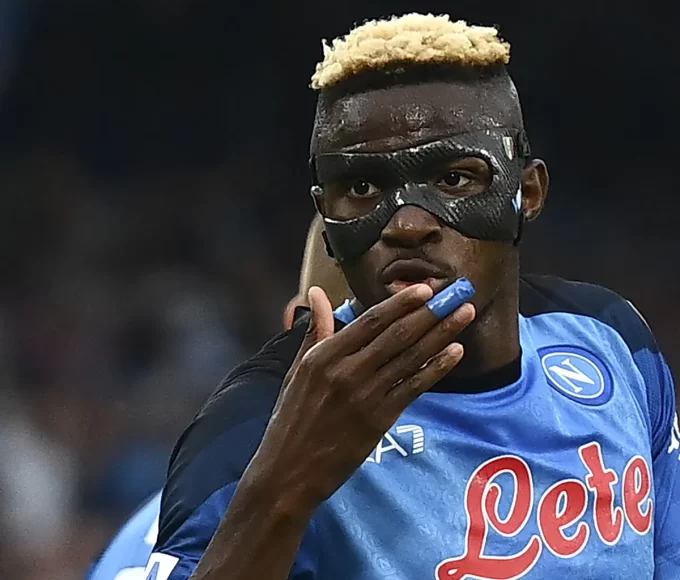


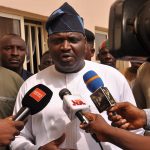
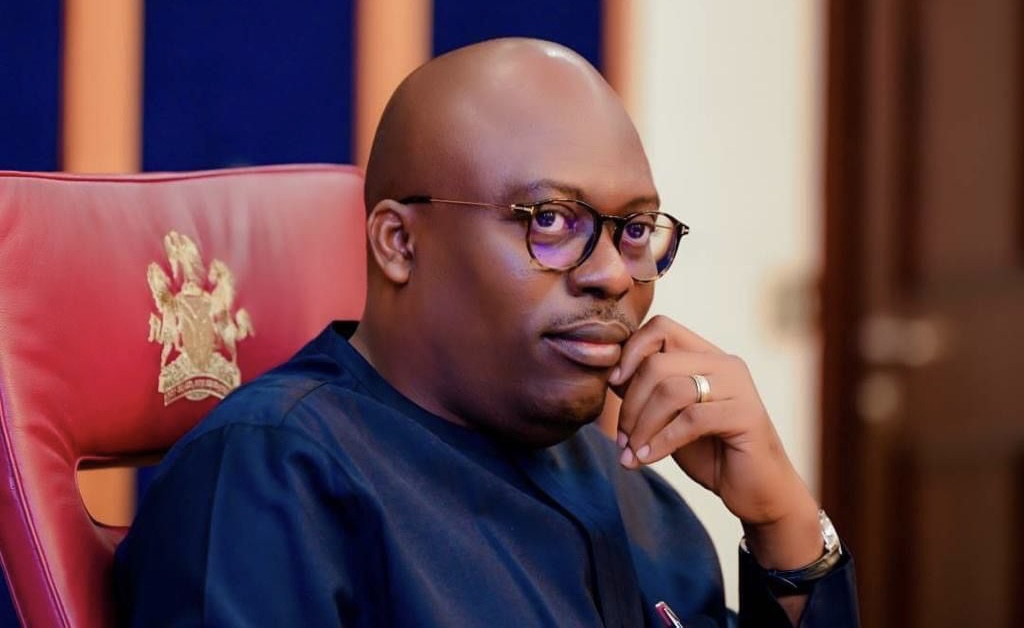
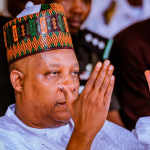


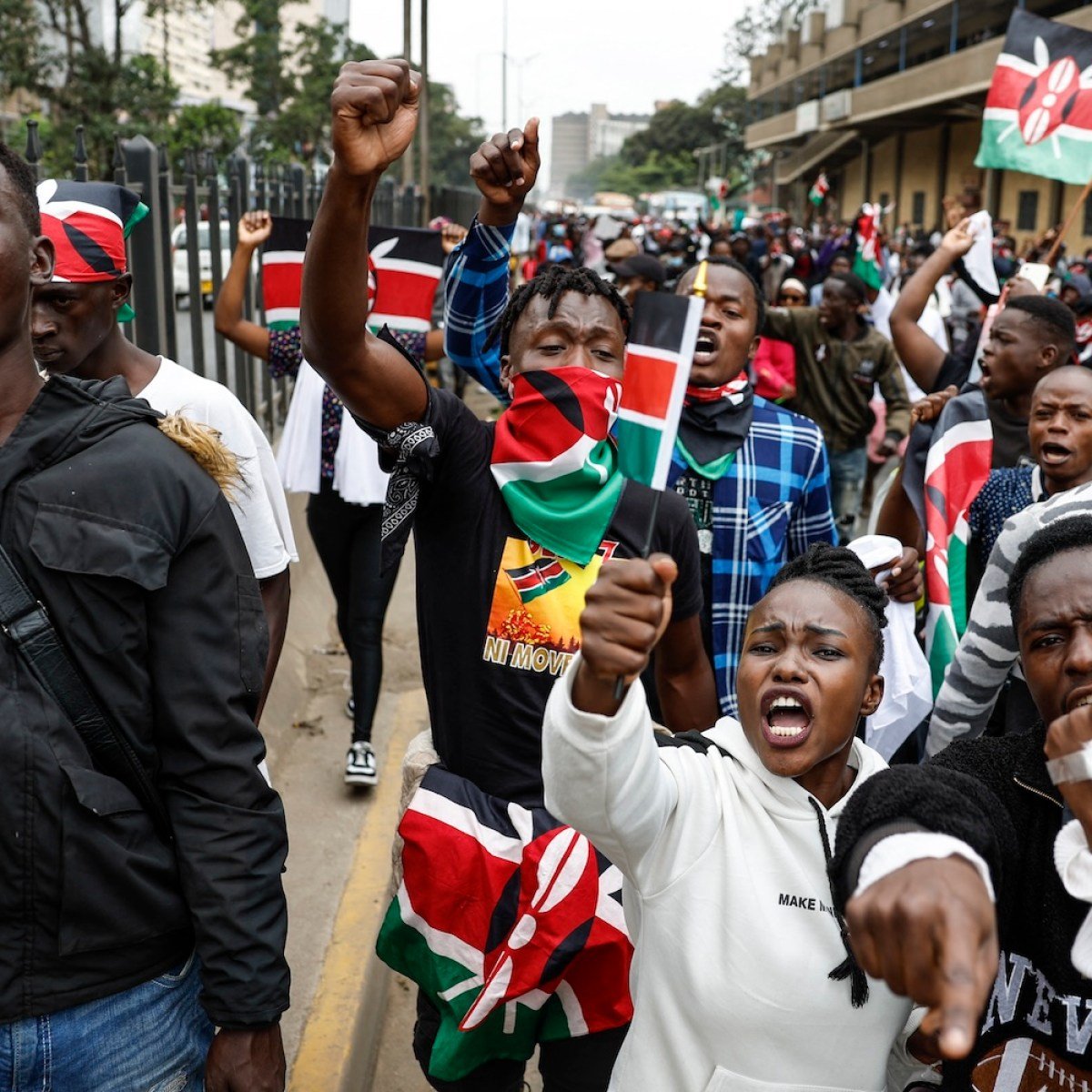



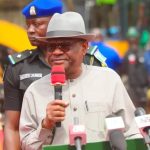

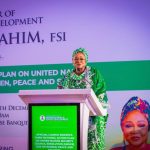





Leave a comment